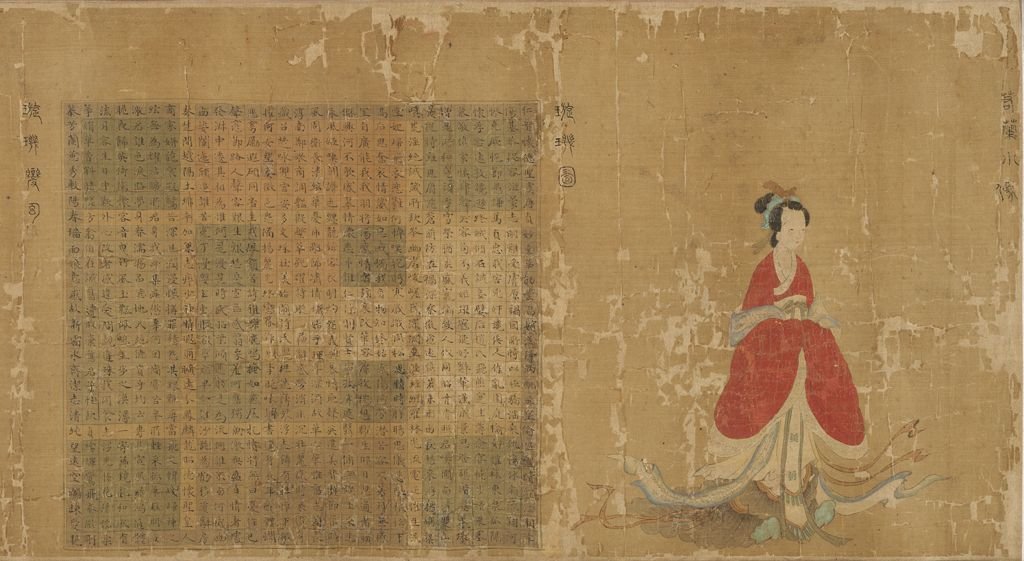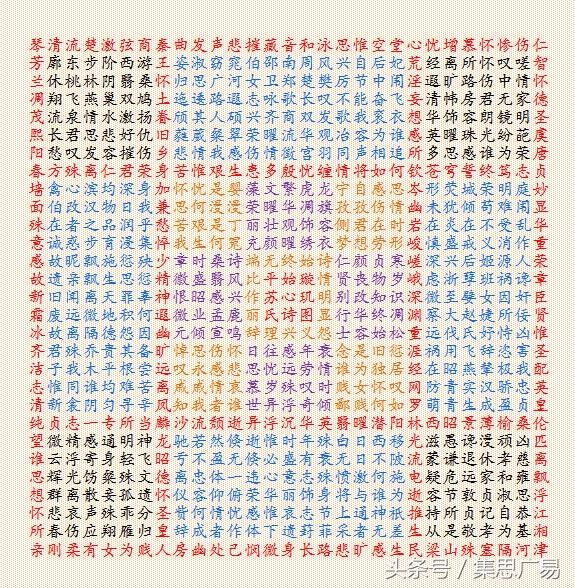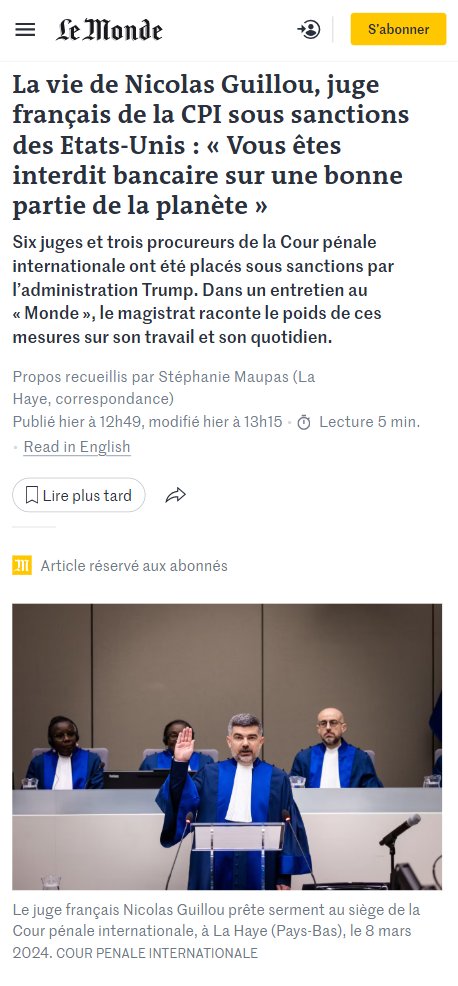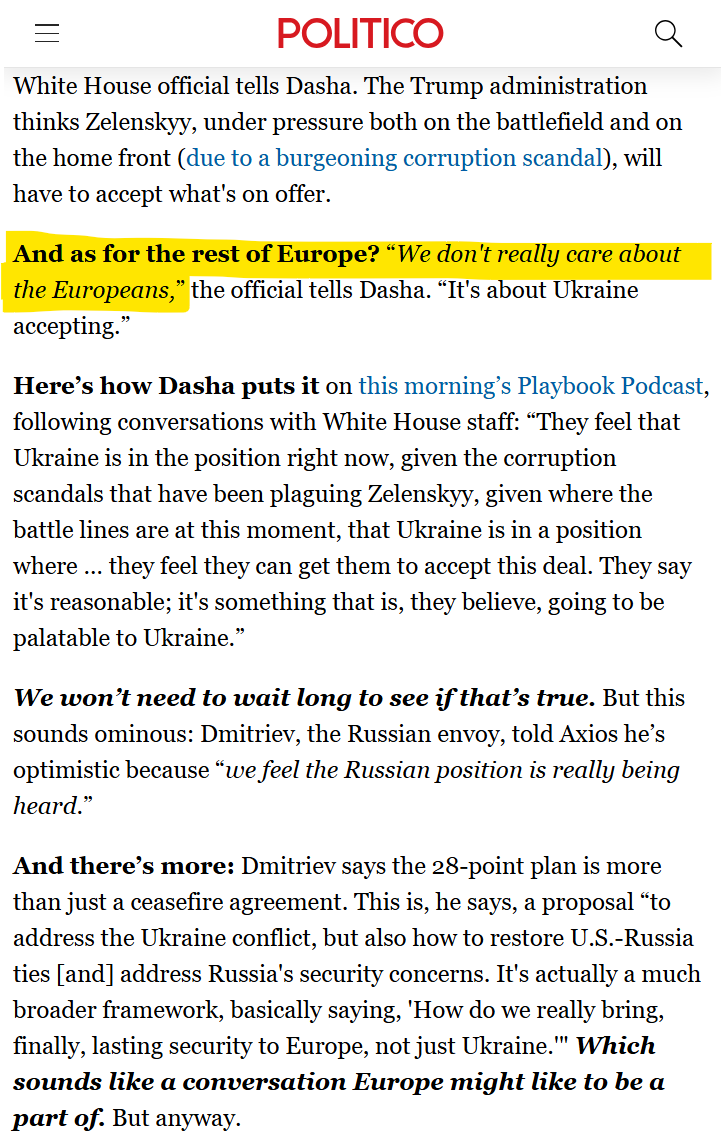The Economist: "China has become a scientific superpower"
Rare for me - maybe even unprecedented - to praise the Economist but this might be the seminal article on the current status of China's scientific might.
Let's take a look 🧵
economist.com/science-and-te…
Rare for me - maybe even unprecedented - to praise the Economist but this might be the seminal article on the current status of China's scientific might.
Let's take a look 🧵
economist.com/science-and-te…
Firstly, surprising that The Economist would publish this, given how much they've pushed the "China collapse" narrative over the years, and how negative they've always been about the country.
Maybe they figured that at some point they could only get away with so much...
Maybe they figured that at some point they could only get away with so much...

So what proves that China has now become the world's foremost scientific power?
Firstly, China has now overtaken both the US and entire EU in number of high-impact scientific papers produced each year, including in the Nature Index which is virtually impossible to game.
Firstly, China has now overtaken both the US and entire EU in number of high-impact scientific papers produced each year, including in the Nature Index which is virtually impossible to game.

China's rise in that dimension was insanely fast: "In 2003 America produced 20 times more of these high-impact papers than China... By 2013 America produced about 4 times the number of top papers and, in the most recent release of data, which examines papers from 2022 China had surpassed both America and the entire European Union"
Looking at Chinese universities in terms of scientific research output, "there are now six Chinese universities or institutions in the world top ten [according to the Leiden Ranking], and seven according to the Nature Index"
Again, this was done in a single generation.
Again, this was done in a single generation.

Looking by discipline, China leads 8 out of the 14 main scientific disciplines, including maths and physics.
In some disciplines like materials science, chemistry or engineering, it completely dominates the discipline with 70% to 80% of all high-impact papers published.
In some disciplines like materials science, chemistry or engineering, it completely dominates the discipline with 70% to 80% of all high-impact papers published.

China also now spends more money on university and government research that the US, and spending is growing at an awesome rate: "China’s spending on R&D has grown 16-fold since 2000" and doesn't show any sign of stopping, when US spending has all but stalled. 

Looking at people and education, two crucial points:
1) Contrary to popular belief, China is a net importer of scientists: "since the late 2000s, more scientists have been returning to the country than leaving"
1) Contrary to popular belief, China is a net importer of scientists: "since the late 2000s, more scientists have been returning to the country than leaving"

2) China is training way more scientists. For instance in 2020 Chinese universities awarded 7 times (!) more engineering degrees than the US. And by 2025, Chinese universities are expected to produce nearly twice as many phd graduates in science and technology as the US. 

The Economist points out - correctly - that it's high time the West takes notice of this new reality. Today Western scientists cite Chinese peers far less than vice-versa, and very few Western scientists visit, work or study in China, to learn from China in the way Chinese scientists have done in the West.

The paper concludes with a citation of S. Marginson, a professor of higher education at Oxford University: “I think it’d be very unwise to call limits on the Chinese miracle, because it has had no limits up until now.”
A sharp contrast to The Economist editorial line to date 😅
A sharp contrast to The Economist editorial line to date 😅

My personal take is that it's crystal clear that China is now the foremost scientific power in the world, and it's only the beginning.
We often hear the expression "x is not 10 foot tall". Well, China actually IS 10 foot tall: they've achieved all of this in one generation and they're literally just getting started. In July they'll hold the Third Plenum to decide on the country's direction for the next 10 years and everything points to the fact that they'll double down on science and technology. This means we might be looking at a future where China's scientific prowess exceeds the rest of the world, combined.
So at this stage the West has 2 options.
The "Qing dynasty" option, rooted in arrogance, fear and paranoia where it seeks to decouple and insulate itself from Chinese science and technology, which is what China's Qing dynasty did at a time when the West's scientific and technological might exceeded the rest of the world combined. How did that work out? China rapidly fell behind and thereby followed its "century of humiliation". Worryingly, this seems to be the current path followed by the US...
The "swallow our pride" option, where the West instead of demonizing China, refusing to understand it and learn from it instead does enormous work on itself to understand the country with intellectual honesty and to keep pace with its progress. For instance it is absolutely amazing to me that there are more people learning Korean and Japanese than Chinese (), which makes just about zero sense... Also amazing is the fact that the US State Department currently has level 3 "reconsider travel" advisory on China (), literally telling its citizens not to travel there, even though it's far and away one of the safest countries in the world to travel to (when you look at facts instead of propaganda)...
I strongly suspect they'll do the former, and that this will be one of the most consequential disastrous decisions of this century. But there's still time to come to our senses...blog.duolingo.com/2023-duolingo-…
travel.state.gov/content/travel…
We often hear the expression "x is not 10 foot tall". Well, China actually IS 10 foot tall: they've achieved all of this in one generation and they're literally just getting started. In July they'll hold the Third Plenum to decide on the country's direction for the next 10 years and everything points to the fact that they'll double down on science and technology. This means we might be looking at a future where China's scientific prowess exceeds the rest of the world, combined.
So at this stage the West has 2 options.
The "Qing dynasty" option, rooted in arrogance, fear and paranoia where it seeks to decouple and insulate itself from Chinese science and technology, which is what China's Qing dynasty did at a time when the West's scientific and technological might exceeded the rest of the world combined. How did that work out? China rapidly fell behind and thereby followed its "century of humiliation". Worryingly, this seems to be the current path followed by the US...
The "swallow our pride" option, where the West instead of demonizing China, refusing to understand it and learn from it instead does enormous work on itself to understand the country with intellectual honesty and to keep pace with its progress. For instance it is absolutely amazing to me that there are more people learning Korean and Japanese than Chinese (), which makes just about zero sense... Also amazing is the fact that the US State Department currently has level 3 "reconsider travel" advisory on China (), literally telling its citizens not to travel there, even though it's far and away one of the safest countries in the world to travel to (when you look at facts instead of propaganda)...
I strongly suspect they'll do the former, and that this will be one of the most consequential disastrous decisions of this century. But there's still time to come to our senses...blog.duolingo.com/2023-duolingo-…
travel.state.gov/content/travel…
• • •
Missing some Tweet in this thread? You can try to
force a refresh














